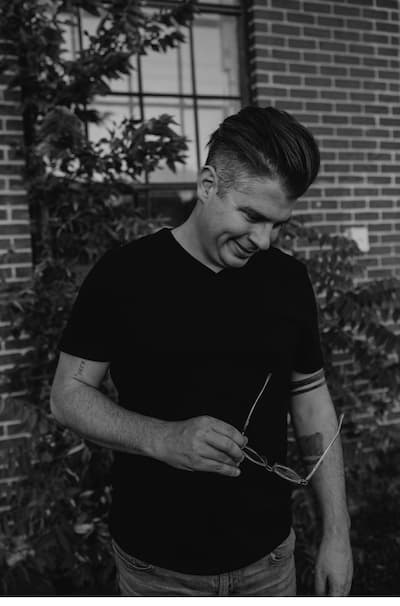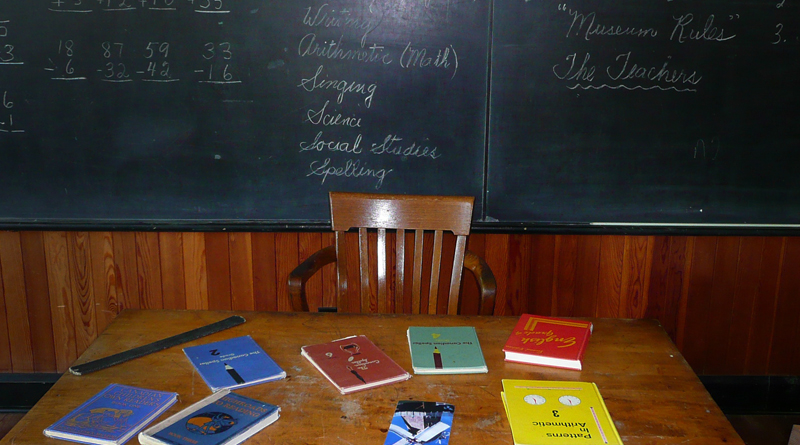
Autism & Purpose: The Space Beyond The Wins And The Losses
By Sean M Inderbitzen LCSW, DSW
The Purpose Of It All
An autistic friend of mine and I were talking recently about life, and what the purpose of it all is. They shared, “Life is ultimately about improving”
“Bullshit”
“What do you mean?”
“Life’s not about improving. Have you ever listened to a Quartet for the End of Time?”
“No, what is it?”
“A Quartet for the End of Time was written by a french prisoner of War, who was a composer, Oliver Messiaen. Captured in 1940, he was a small man taken prisoner by the Nazi’s and housed at a concentration camp called Gorlitz.”
“So what?” My friend stated in a sharp tone.. “Who cares if some guy wrote a Quartet in an internment camp?”
“Well when he was captured, he was stripped naked, and clasped onto a small bag of scores as if there was some real win in holding onto written music. An officer so surprised by this, not only let him keep the scores, but allowed him to have paper and pen to compose for them. Premiering on the 15th of January 1941, snow falling down, Messiaen and his peers in the quartet played the song in front of a prison camp audience of nearly 400. It is often described as one of the greatest performances of all time.”
“So what your saying is this Prisoner of War, knowing he was going to die in the near future composed, what is now one of the greatest pieces of music in human recorded history?”
“Yes. Ya see, the piece runs about 50 plus minutes long, and uses multiple time signatures and mimics the sound of birds at point. There is even a score within it called the Abyss of Birds. And that’s the beauty of it, is knowing he was going to die he still created this beautiful music, which one can still listen to today.”
So when I think about debates surrounding mental health services for people with Autism, with respect to ABA versus other therapies like SCERTS and DIR Floortime, I feel as though we’ve missed the point.
While Hans Asperger and Leo Kanner discovered this disordered way of being in the universe at roughly the same time, and others have come along to provide relief, you can really get lost in the technicalities of it all. As if coming up with the new solution will give one purpose, but it’s really not that simple.
Finding Purpose
Purpose isn’t wrapped up in who has the greatest market shares. It isn’t captured in how many publications one can write, or how popular ones book is.
A close friend of mine, a well known autism researcher, I’ve known for nearly five years and watched bring in millions of dollars told me something shocking. We met up at Association of Behavior and Cognitive Therapies (ABCT) in Seattle, WA on the final day of the conference, talking about who was taking post-doctoral fellows, and doctoral students. They leaned in, and said, “Despite all these millions of dollars in grants that I have won, I’m tired. Tired of missing my family, tired of missing watching my kids grow-up, and exhausted from always chasing soft money. So I’m leaving.”
This individual if I named them, through a simple google search you would recognize if you are in this autism sphere, and is someone who always served as a deep source of inspiration to me in my pursuit of being a researcher, Which at some level is a dream I’ve achieved given my work with Mayo Clinic Health System and Sensorimotor Psychotherapy Institute, is fleeting.
Much like Messiaen, knowingly dying, or my peer from a Research 1 School, I’m beginning to think there is more to this than achieving things, or improving if you will. It’s pointless.
What’s meaningful is who, how, and where I spend my time. For me autism is work, whether it is psychotherapy, psychological research, writing books or training people. And in the span of 5 years, I’ve achieved a lot. But in losing someone and grieving their loss, I learned how little any of that can really matter.
Sure money makes life easier, and talking in foreign countries for pay is cool (who wouldn’t want to do these things?), but what difference is it actually making?
Pursuing Curiosity and Joy
I got to see the other side of that this week with my research with Mayo at ABCT however with one of my research assistants. There were 6 of us at dinner on Friday, and one of my spiritual practices is called the gratitude prayer (its based on some neuroscience research). Basically the way it goes is you share three things you are grateful for, and my team did this with one another. And in the commentary, a student of mine shared how he had met with a peer of mine from Saint John’s PsyD program, and the meeting had gone superbly well. And he attributed it to these wild big ideas I had, and this world he was brought into. The one which my other peer is leaving.
It inspired him. Is opening a whole new world to him. One of curiosity and joy, one where he is going to pursue doing psychotherapy with folks on the autism spectrum and do research that is person-centered on those with autism.
This is the sort of things I want my boys to grow-up and find purpose in. Not speaking, publishing, achievement, and mostly meaningless change, but experiencing the space where achievement is not the point. No its different. Its writing a 50 plus minute song, that mimics the sound of birds, in the face of death for the love of music. This is the space I hope they chase, the space beyond the win’s and the losses.

Sean is a Behavioral Health Therapist, and lives with an Autism Spectrum Disorder. He has a caseload with 33% of his patients that live with ASD and varying comorbid psychiatric conditions. Prior to being a mental health clinician, he was a Vocational Rehabilitation Specialist for Wisconsin Division of Vocational Rehabilitation for 3 years. He was also appointed by Governor Walker to the Statewide Independent Living Council of Wisconsin. He is an incoming member to the Motivational Interviewing Network of Trainers, and provides training on motivational interviewing, ASD and employment, and ASD and comorbid psychiatric conditions. For more info, find him at Seaninderbitzen.com or on LinkedIn, and look for his new book Autism in Polyvagal Terms: New Possibilities and Interventions.




